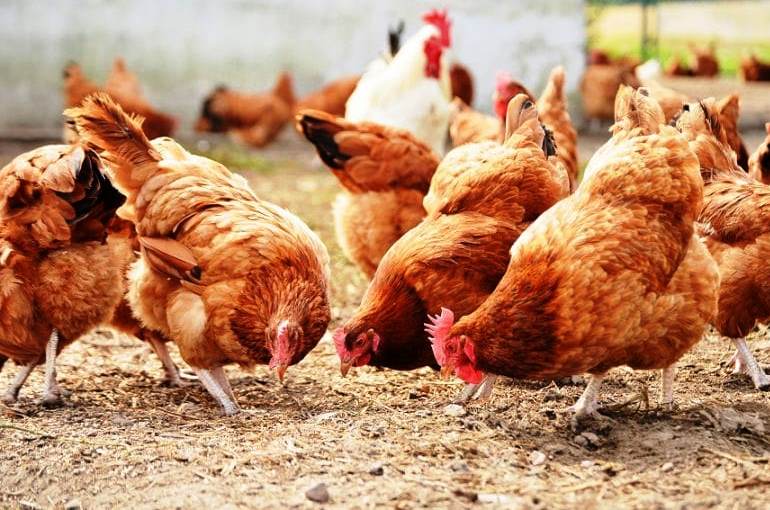Chicken Egg Production

This post is also available in:
This post is also available in:
![]() Español (Spanish)
Español (Spanish) ![]() Français (French)
Français (French) ![]() Deutsch (German)
Deutsch (German) ![]() Nederlands (Dutch)
Nederlands (Dutch) ![]() हिन्दी (Hindi)
हिन्दी (Hindi) ![]() العربية (Arabic)
العربية (Arabic) ![]() Türkçe (Turkish)
Türkçe (Turkish) ![]() 简体中文 (Chinese (Simplified))
简体中文 (Chinese (Simplified)) ![]() Русский (Russian)
Русский (Russian) ![]() Italiano (Italian)
Italiano (Italian) ![]() Ελληνικά (Greek)
Ελληνικά (Greek) ![]() Português (Portuguese (Brazil))
Português (Portuguese (Brazil)) ![]() Tiếng Việt (Vietnamese)
Tiếng Việt (Vietnamese) ![]() Indonesia (Indonesian)
Indonesia (Indonesian) ![]() 한국어 (Korean)
한국어 (Korean) ![]() polski (Polish)
polski (Polish)
Collecting the eggs from backyard chickens
In your first year, a good egg yield is about 60%. This means that for every 5 chickens, you can collect daily 3 eggs. When we say daily, we count only 9-10 months of the year (spring, summer and autumn). During a heavy winter, most chickens stop producing eggs. For a given chicken, exposure to daylight is one of the most important factors of egg production. You can promote your chickens’ exposure to sunlight by opening the door of the coop early in the morning and by spreading their feed in the sunny parts of your field. It is also beneficial to put a light inside the coop. There are numerous experienced farmers that collect hundreds of eggs daily without having any artificial light, but it is true that the artificial light sometimes helps. Many chicken farmers claim that they systematically collect more eggs when they switch on the light at 5 am and switch it off at 8 pm. Some farmers also claim that the artificial light inside the coop calms down the chickens and prevent them from being aggressive and attack each other.
We normally collect the eggs every morning, but we can also check for eggs before the night sleep. If you leave eggs inside the coop for a day or so, chances are that a chicken will try to break the egg and eat it. After the collection, we clean the eggs carefully and we store them in the fridge. It is good to consume the eggs within 3 days from collection. Generally, most chickens stop laying eggs at a good rate when they become 3-4 years old.
You can enrich this article by leaving a comment or photo of your chicken’s egg production.
3.) How to select chickens for eggs or meat
5.) Chickens Egg Production
6.) Backyard Chicken Health & Diseases
Do you have experience in Chicken farming? Please share your experience, methods and practices in the comments below. All the content you add will be soon reviewed by our agronomists. Once approved, it will be added to Wikifarmer.com and it will influence positively thousands of new and experienced farmers across the world.








































































